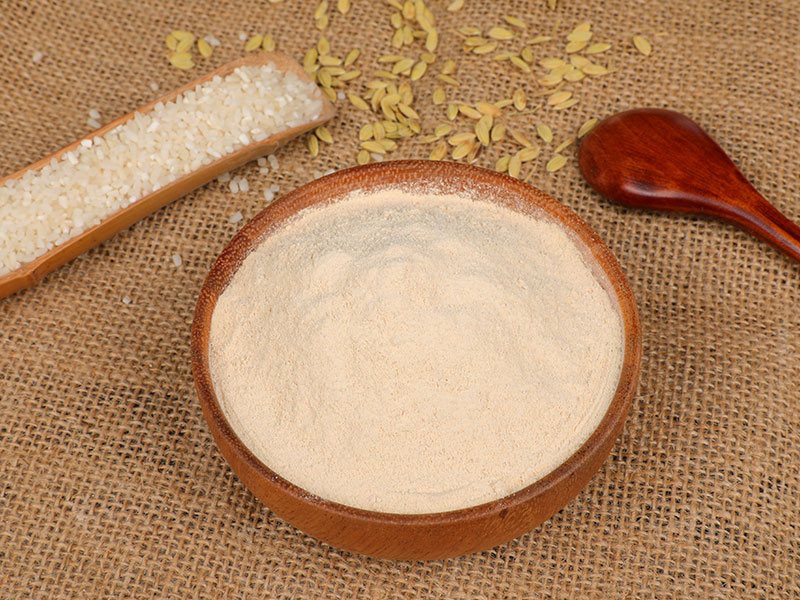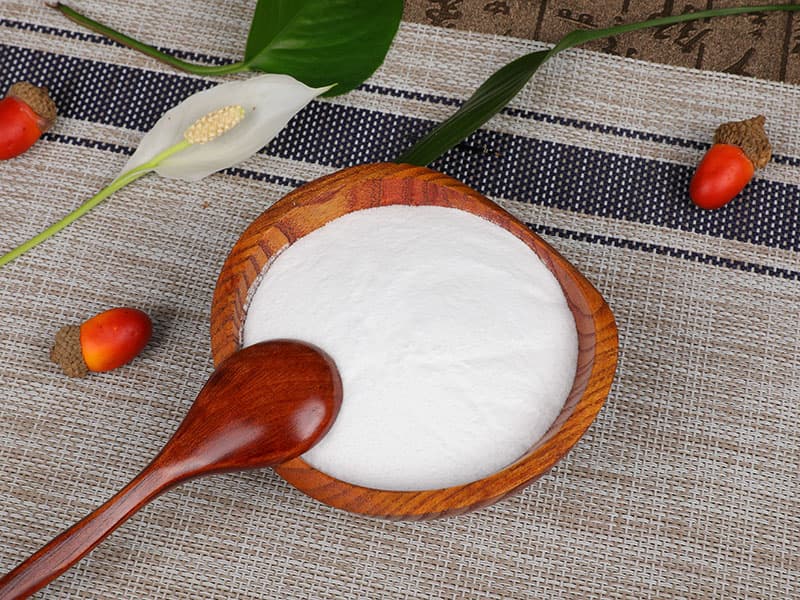Rice protein has gained popularity as a plant-based protein source in the sports nutrition industry due to its ability to support muscle recovery and athletic performance. As more athletes and fitness enthusiasts seek plant-powered alternatives to traditional animal-based protein supplements, rice protein has emerged as a viable option that offers unique benefits for muscle recovery and overall athletic performance.
One of the key roles of rice protein in sports nutrition is its ability to provide essential amino acids that are crucial for muscle repair and recovery. While some plant-based proteins may be deficient in certain amino acids, rice protein is considered a complete protein, containing all nine essential amino acids that the body cannot produce on its own. These amino acids, including leucine, isoleucine, and valine, play a critical role in promoting muscle protein synthesis, which is essential for repairing and rebuilding muscle tissue after intense physical activity.
Additionally, rice protein is easily digestible and hypoallergenic, making it suitable for individuals with dietary restrictions or sensitivities. Its digestibility and gentle nature on the digestive system make it an attractive option for athletes and fitness enthusiasts who may experience gastrointestinal discomfort with other protein sources. This quality allows for efficient nutrient absorption and utilization, supporting the body's recovery processes following strenuous workouts or athletic performances.
Furthermore, rice protein is often free from common allergens such as dairy, soy, and gluten, making it an inclusive choice for individuals with specific dietary requirements or sensitivities. This broadens its appeal among a diverse range of athletes and fitness-conscious individuals who prioritize clean, allergen-free nutrition to support their training and recovery needs.
In the realm of sports nutrition, rice protein is also recognized for its versatility and compatibility with various dietary preferences, including vegan, vegetarian, and plant-based diets. Its neutral flavor profile and ability to blend well with other ingredients make it a versatile ingredient in protein shakes, smoothies, and functional food products designed to support muscle recovery and athletic performance.
As the demand for plant-based protein options continues to grow within the sports nutrition industry, rice protein has carved out a significant presence as a viable and effective alternative to traditional animal-based protein supplements. Its ability to deliver essential amino acids, support muscle recovery, and accommodate diverse dietary needs positions it as a valuable asset in the pursuit of plant-powered performance and overall athletic excellence.


 English
English 中文简体
中文简体





